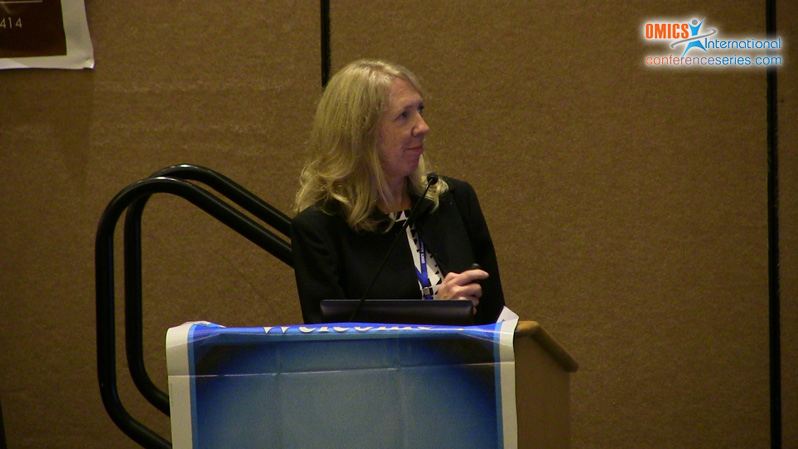
Jennifer Loftis
Oregon Health & Science University, USA
Title: An “immunomodulatory†approach for the treatment of methamphetamine addiction
Biography
Biography: Jennifer Loftis
Abstract
The role of the immune system in regulating psychiatric and cognitive function, including in the context of substance use disorders, has attracted increasing attention over recent years. Chronic use of methamphetamine (MA), a highly addictive central nervous system (CNS) psychostimulant, is associated with neuronal injury, neuroanatomical alterations, and serious psychiatric and cognitive impairments that make dependence on the substance particularly challenging to treat. Preclinical studies show that MA injures neurons through multiple mechanisms including interfering with dopamine metabolism, altering glutamate processing by astrocytes, worsening oxidative stress, and increasing expression of pro-inflammatory cytokines [e.g., tumor necrosis factor-alpha (TNF-ï¡) and interleukin 1-beta (IL-1ï¢)] secreted from activated glial cells, neurons, auto-reactive T-cells, infiltrating macrophages, or other peripheral immune cells. These findings converge with clinical studies demonstrating the relationship between both peripheral and central inflammatory systems and neuropsychiatric function in individuals addicted to MA. In line with current models of cytokine-induced depression and cognitive dysfunction, MA-associated immune dysregulation can influence neurotransmitter (e.g., dopaminergic, glutamatergic, serotonergic) and neuroendocrine (e.g. corticotropin releasing factor, hypothalamic-pituitary-adrenal axis) systems and contribute to cognitive dysfunction and mood disturbances (e.g., impulsivity, depression, anxiety, and irritability)—neuropsychiatric consequences of drug addiction that persist during remission and hinder recovery efforts. To date, pharmacotherapeutic development for substance use disorders has primarily focused on neurotransmitter systems and results from related clinical trials continue to be modest. Our preclinical data suggest that an immunotherapeutic approach using partial major histocompatibility complex (MHC)/neuroantigen peptide constructs (pMHCs), which have therapeutic effects on cognitive function and inflammation, has the potential to safely and effectively treat MA use disorders in adults. New approaches of this kind are expected to augment the efficacy of traditional substance dependence and mental health treatments.



